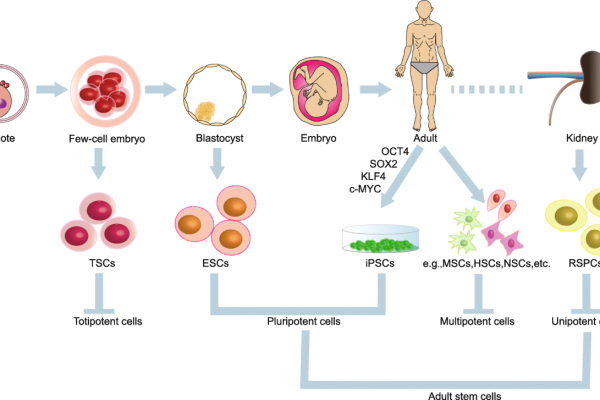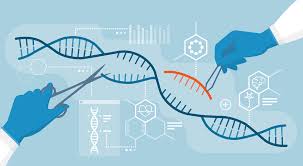
The Potential of Stem Cell Therapy in Regenerative Medicine
Stem cell therapy is revolutionizing regenerative medicine by offering innovative treatments for a range of conditions. This article explores the potential of stem cells, including their applications in treating neurodegenerative disorders, cardiovascular diseases, and autoimmune conditions. It also examines current research advancements, challenges such as ethical issues and safety concerns, and future directions for personalized therapies and integration with other treatments. As the field advances, addressing these factors will be crucial for harnessing the full potential of stem cell therapies.









